AI in Healthcare: Transforming Diagnosis & Treatment

Artificial intelligence (AI) has emerged as a transformative force in healthcare, offering unprecedented potential to revolutionize the way diseases are diagnosed and treated. Through the analysis of vast amounts of medical data, AI algorithms can identify patterns and insights that may not be immediately apparent to human clinicians. This capability enables earlier and more accurate diagnoses, leading to improved patient outcomes.
One of the key areas where AI is making significant strides is in medical imaging. AI-powered algorithms can analyze medical images such as X-rays, MRIs, and CT scans with remarkable accuracy, helping radiologists detect abnormalities and identify diseases at an early stage. This not only speeds up the diagnostic process but also reduces the likelihood of human error.
Moreover, AI is being used to personalize treatment plans for patients based on their unique medical history, genetic makeup, and other factors. By analyzing vast datasets of patient records and clinical trials, AI can recommend the most effective treatments tailored to individual patients, leading to better outcomes and reduced healthcare costs.
In addition to diagnosis and treatment, AI is also transforming other aspects of healthcare, including drug discovery, predictive analytics, and administrative tasks. AI algorithms can sift through vast amounts of biological data to identify potential drug candidates and predict their efficacy with greater accuracy than traditional methods. Furthermore, AI-powered predictive analytics can help healthcare providers anticipate patient needs, manage resources more efficiently, and prevent adverse events.
However, the widespread adoption of AI in healthcare also raises important ethical and regulatory considerations. Questions surrounding patient privacy, data security, and algorithm bias must be carefully addressed to ensure that AI technologies are deployed responsibly and equitably.
In conclusion:
AI has the potential to revolutionize diagnosis and treatment in healthcare, offering unprecedented insights and capabilities that can improve patient outcomes and transform the delivery of care. By harnessing the power of AI responsibly and ethically, healthcare providers can unlock new possibilities for innovation and ensure that all patients benefit from the promise of this transformative technology.





